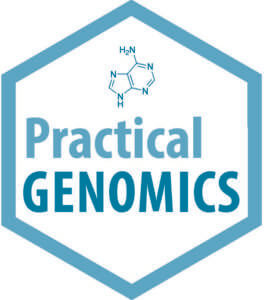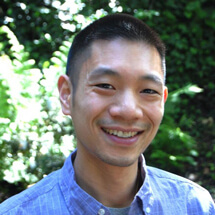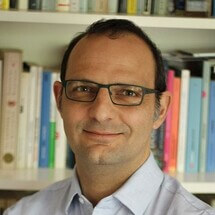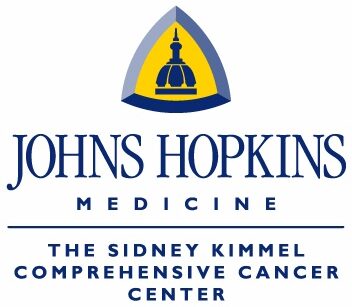
This workshop will run for two weeks, with two full days of instruction each week. The workshop is open to biologists of all levels of experience, from graduate students to experienced researchers, and is a great opportunity to learn about the latest genomic technologies and how to use them to answer biological questions.
Week 1 — The first two days are designed for participants with little to no prior computational experience. Participants will be introduced to the basics of data transformation and visualization using cloud computing, R/RStudio, tidyverse, and Bioconductor. These two days will also cover how to load and clean data, perform basic statistical analyses, and create visualizations. By the end of these two days, you will be able to use these tools to analyze and visualize data in a variety of fields, including biology and medicine.
Week 2 — The final two days will focus on the basics of single cell analysis, including dimension reduction, clustering, and marker genes. Subsequent topics will include cell annotation, differential gene expression, and meta-analysis, all of which will be covered using Bioconductor frameworks.
Participants are required to complete approximately one day of preparatory work to create the appropriate cloud computing accounts and familiarize themselves with R and RStudio console. This work is essential as all sessions incorporate hands-on live coding demos where learners code-along with instructors, and breakout exercises where learners practice with the support of TA’s.
Due to this hands-on design, recordings will not be available, but all instructional materials will be usable after the workshop.
For those proficient with R, tidyverse, and Bioconductor, please contact us to discuss the possibility of only attending the last two day sessions.


The Practical Genomics workshop launched in 2011 at Johns Hopkins University School of Medicine under the leadership of Drs. Sarah Wheelan, Luigi Marchionni, and Jonathan Pevsner. Drs. Elana Fertig and John McGready provided invaluable support teaching statistical concepts. The first iterations of the workshop taught participants Unix, R, Python, Galaxy, basic statistics, ChIP-seq, RNA-seq, and metagenomic analysis with the goal of teaching biologists how to keep their research relevant during a time of exponential growth in access and affordability to genomics datasets.
In recent years, the workshop has evolved into a hybrid event that is held at multiple institutions. The workshop is currently focused on single cell analysis and is designed to be an accessible learning environment with opportunities for participants to interact and ask questions to instructors and teaching assistants available to help participants throughout the workshop.
Next Generation Sequencing technology ushered in a new era of genomics research. Biologists suddenly had quick and affordable access to unprecedented amounts of valuable biological data. The problem was they did not know how to harness its value and parse out the information given to them through this technology. Dr. Wheelan identified the need for hybrid training in order to teach biologists how to interact with these new data and understand the information analysis programs were telling them. The Practical Genomics workshop was the first time many participants were ever given the opportunity to learn hands-on programming and gain real-life experience analyzing and interpreting data. This hands-on learning environment was found to be most valuable to our course participants, who were able to learn basic concepts of analysis and have practice writing scripts while also receiving hands-on support from instructors and TAs.
Over the years, the workshop has evolved from teaching ChIP-seq and RNA-seq analysis to single cell analysis, from 4-day in-person events to virtual, and now hybrid. Rather than just teaching the concepts of analysis, participants were taught exactly how to do the analysis themselves using a common dataset. This program shift increased the program’s value for primary investigators looking to train graduate students and postdocs in this type of research.
As founding faculty have moved on to new endeavors, the workshop has also grown. Dr. Luigi Marchionni has expanded the workshop to be held jointly with researchers at Weill Cornell Medicine and Dr. Frederick Tan leads the workshop for participants in Baltimore, MD.
The program was originally sponsored and funded by a NIH R25 grant and has now evolved to be a self-sustaining program through institutional support and registration fees.
